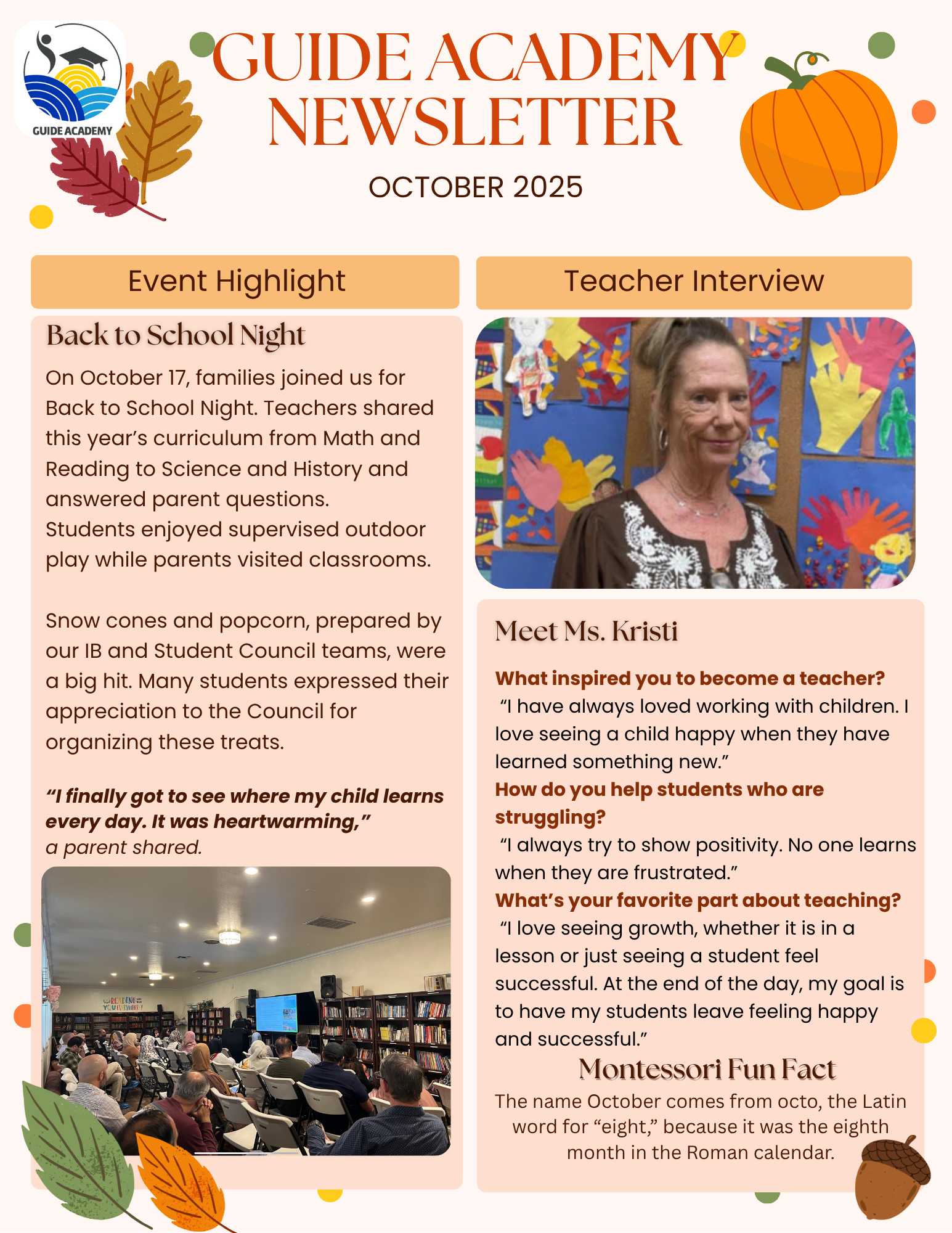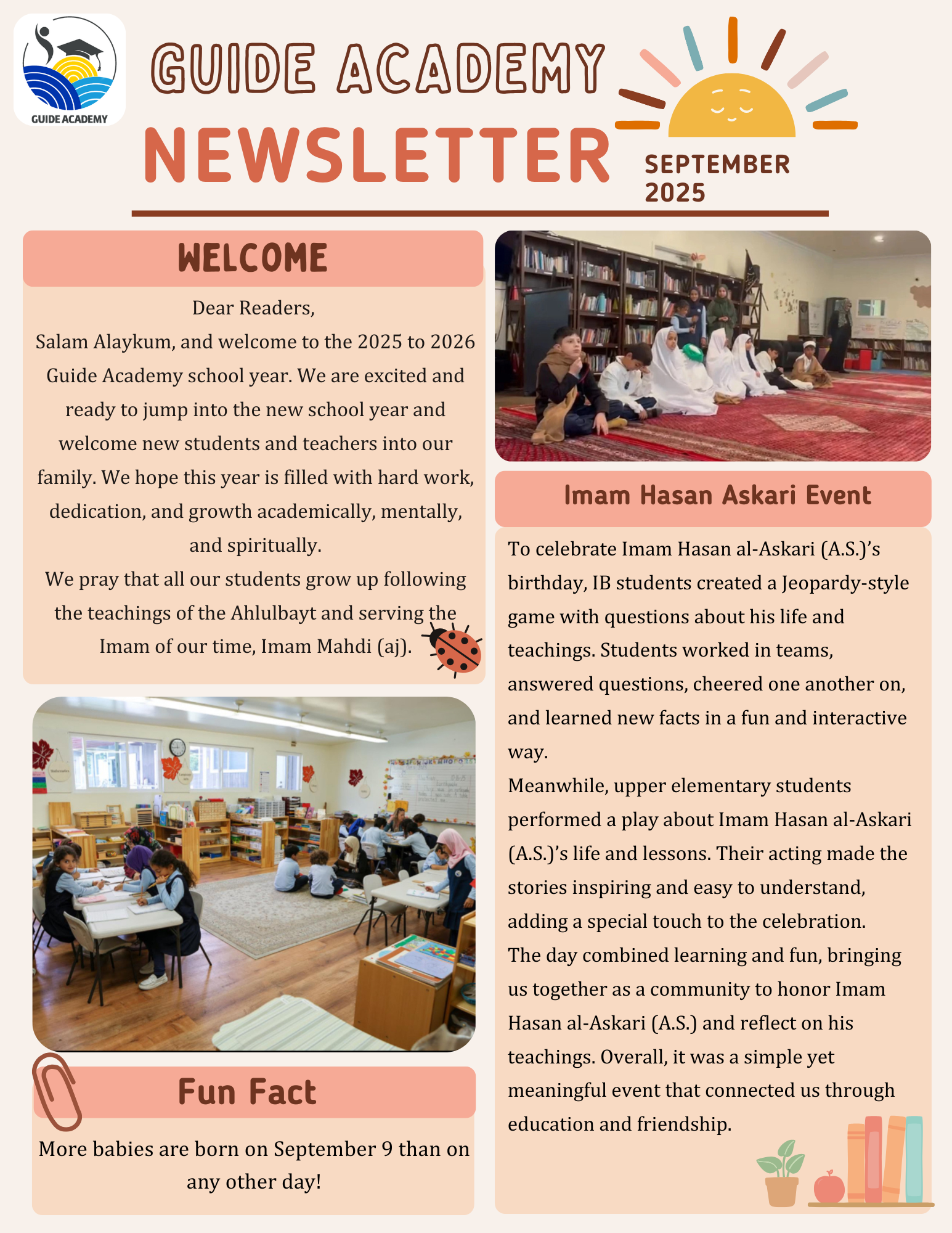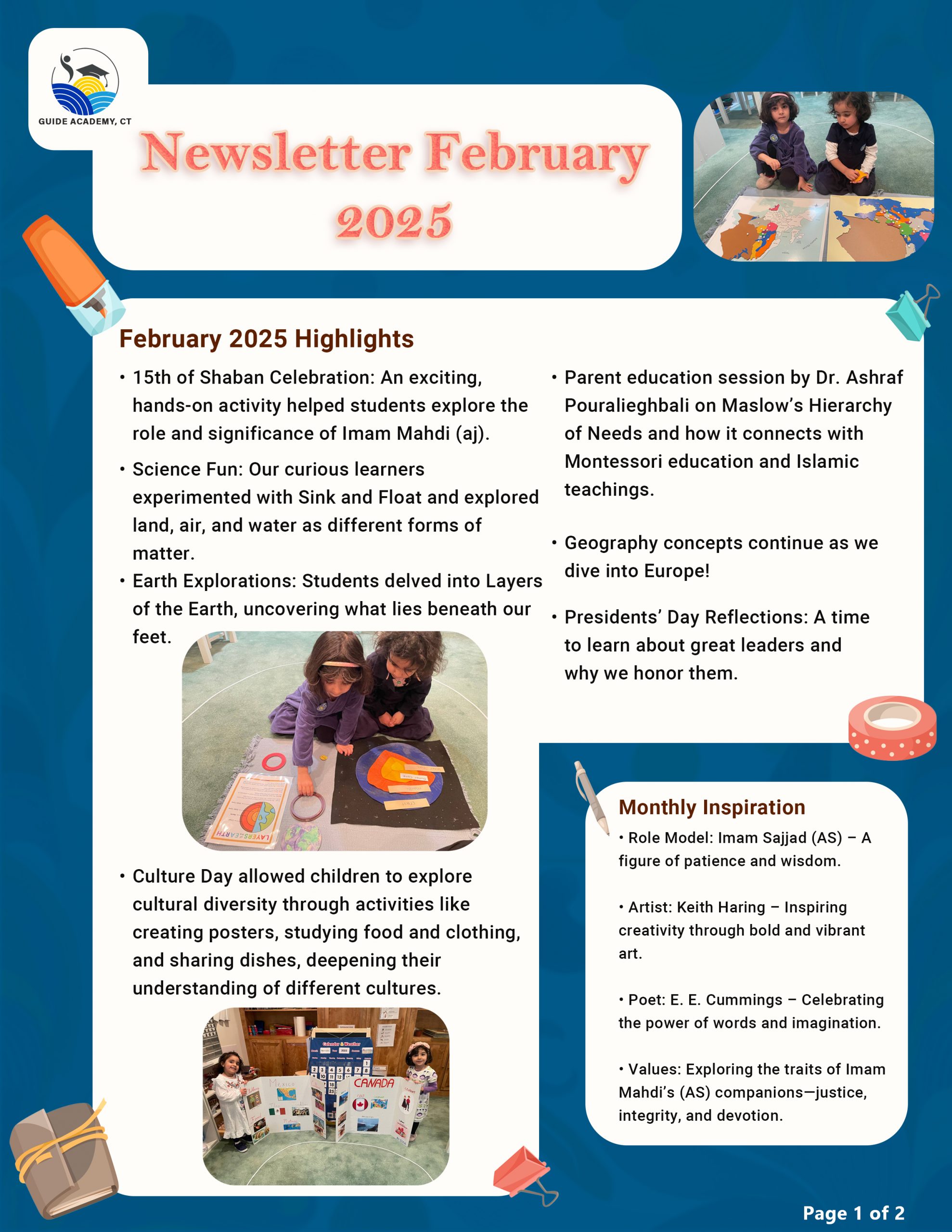Learn why
5 Things Every Child Needs to Thrive According to Maria Montessori
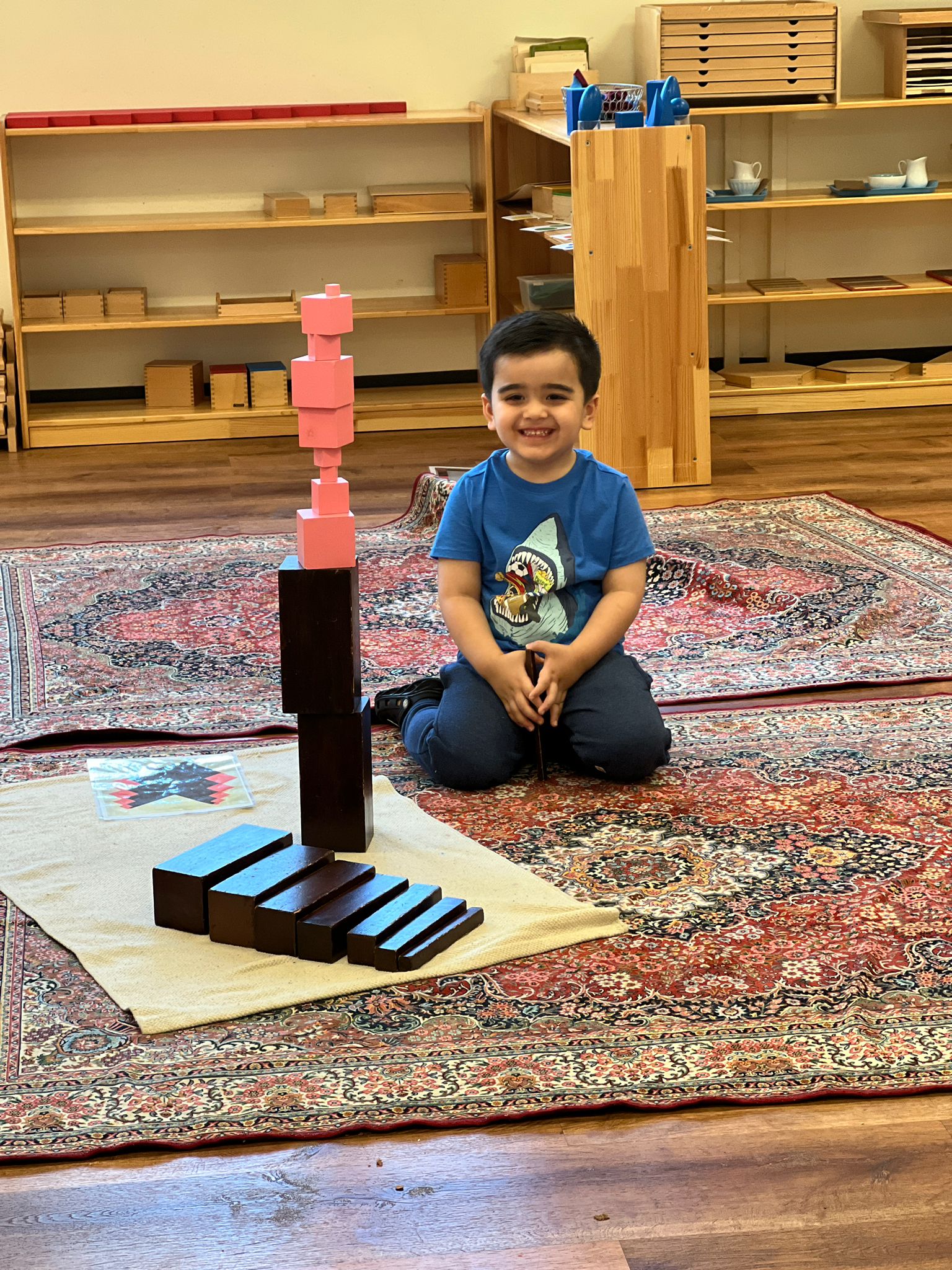
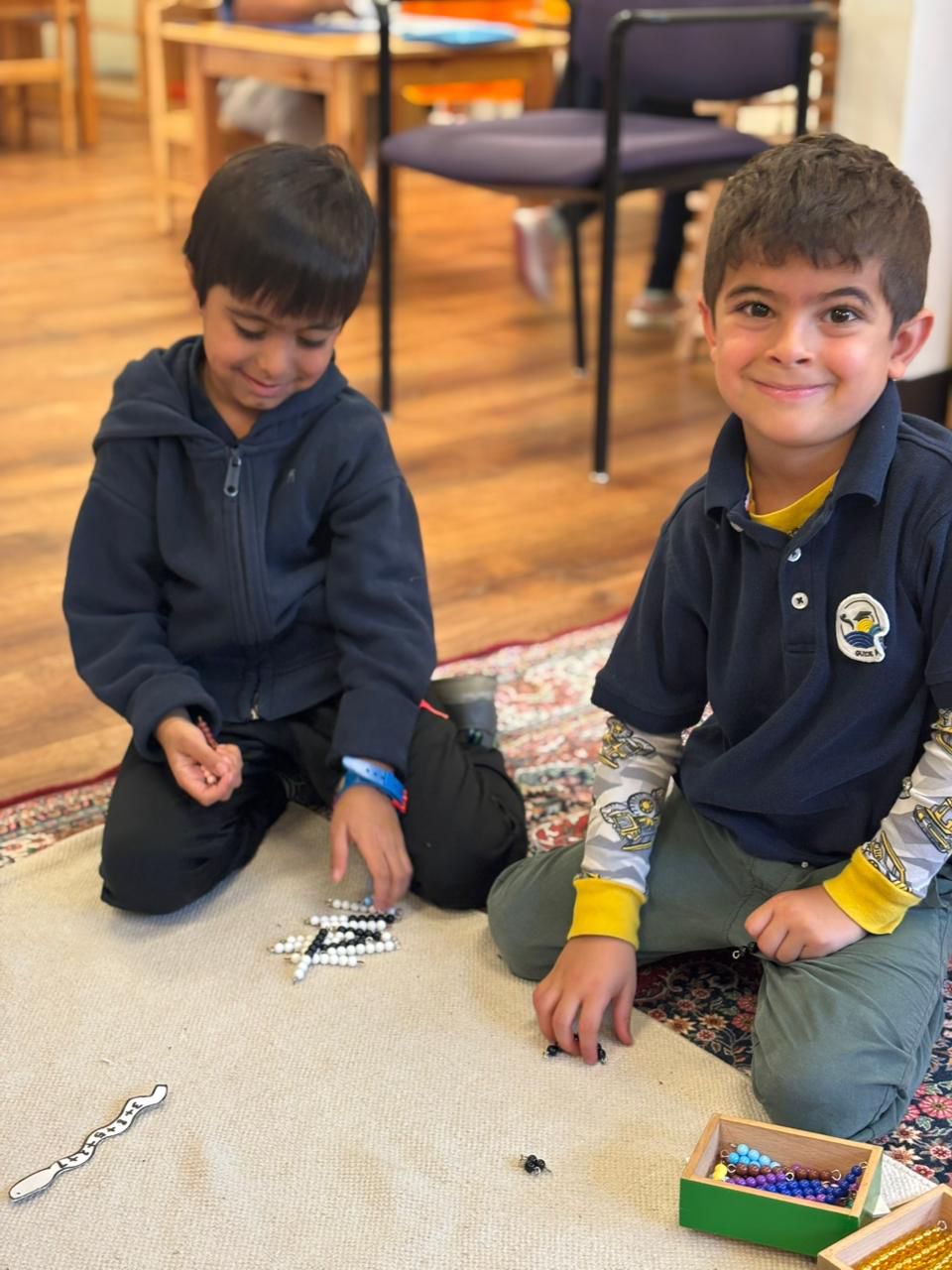
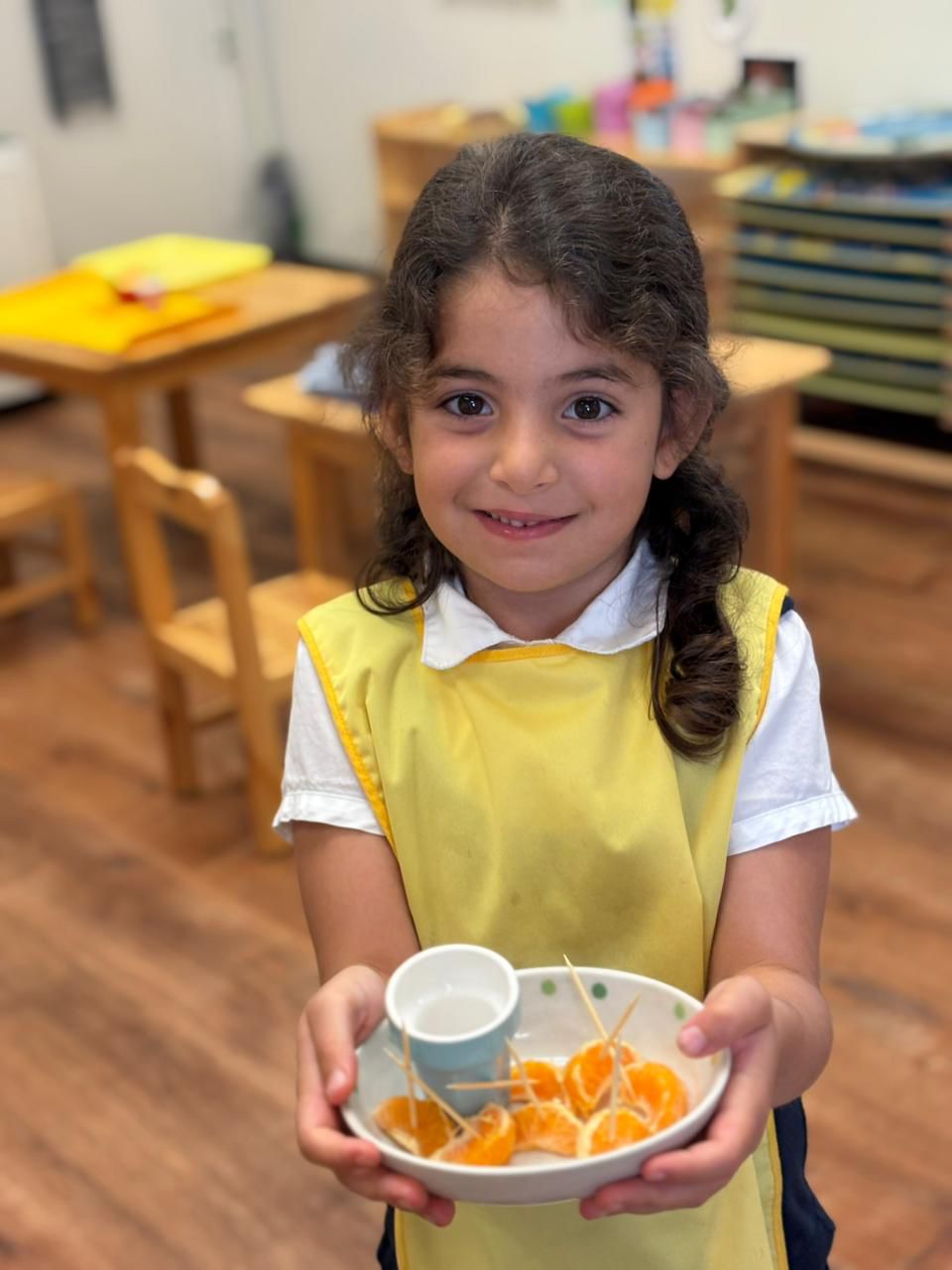
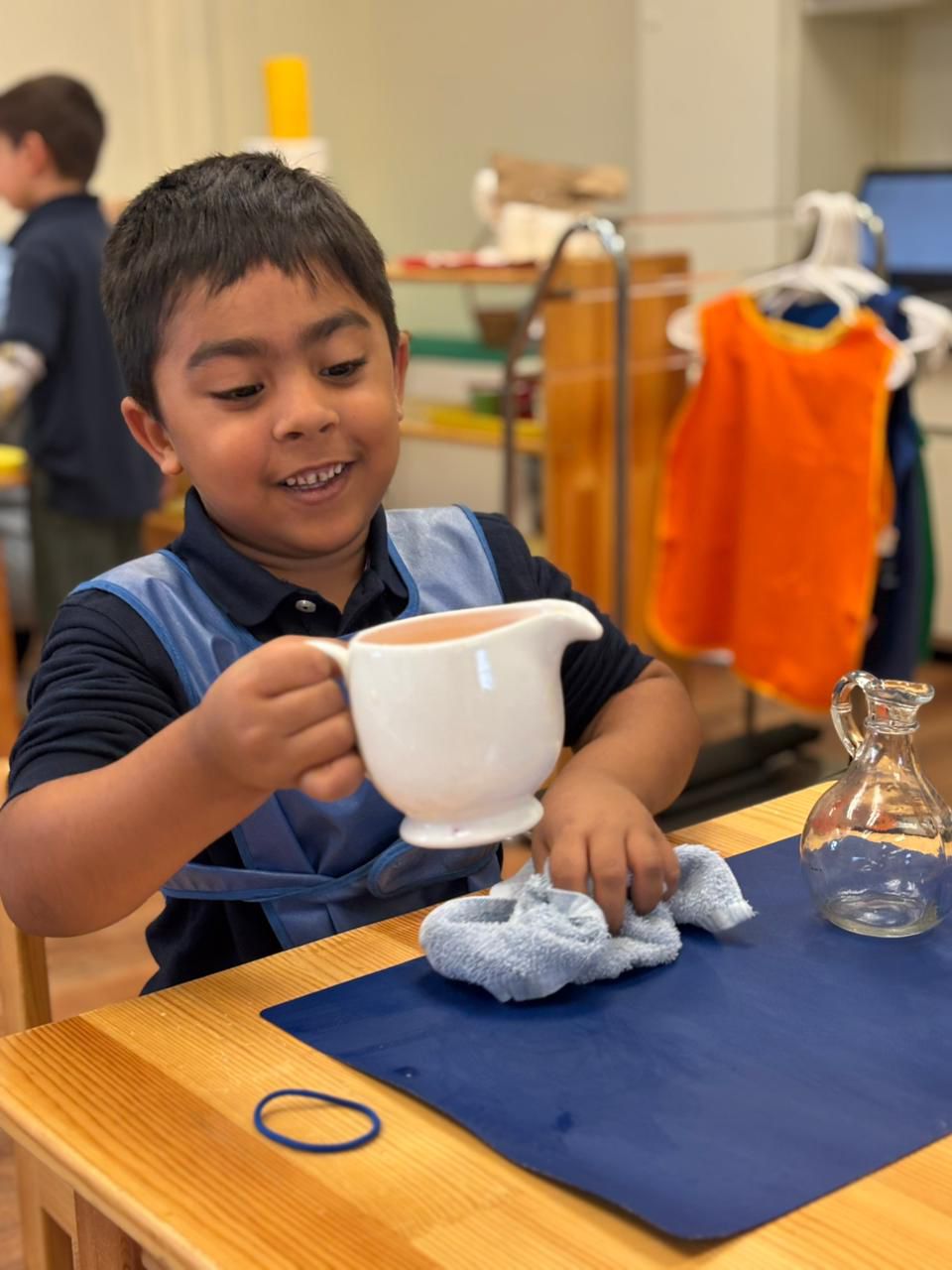
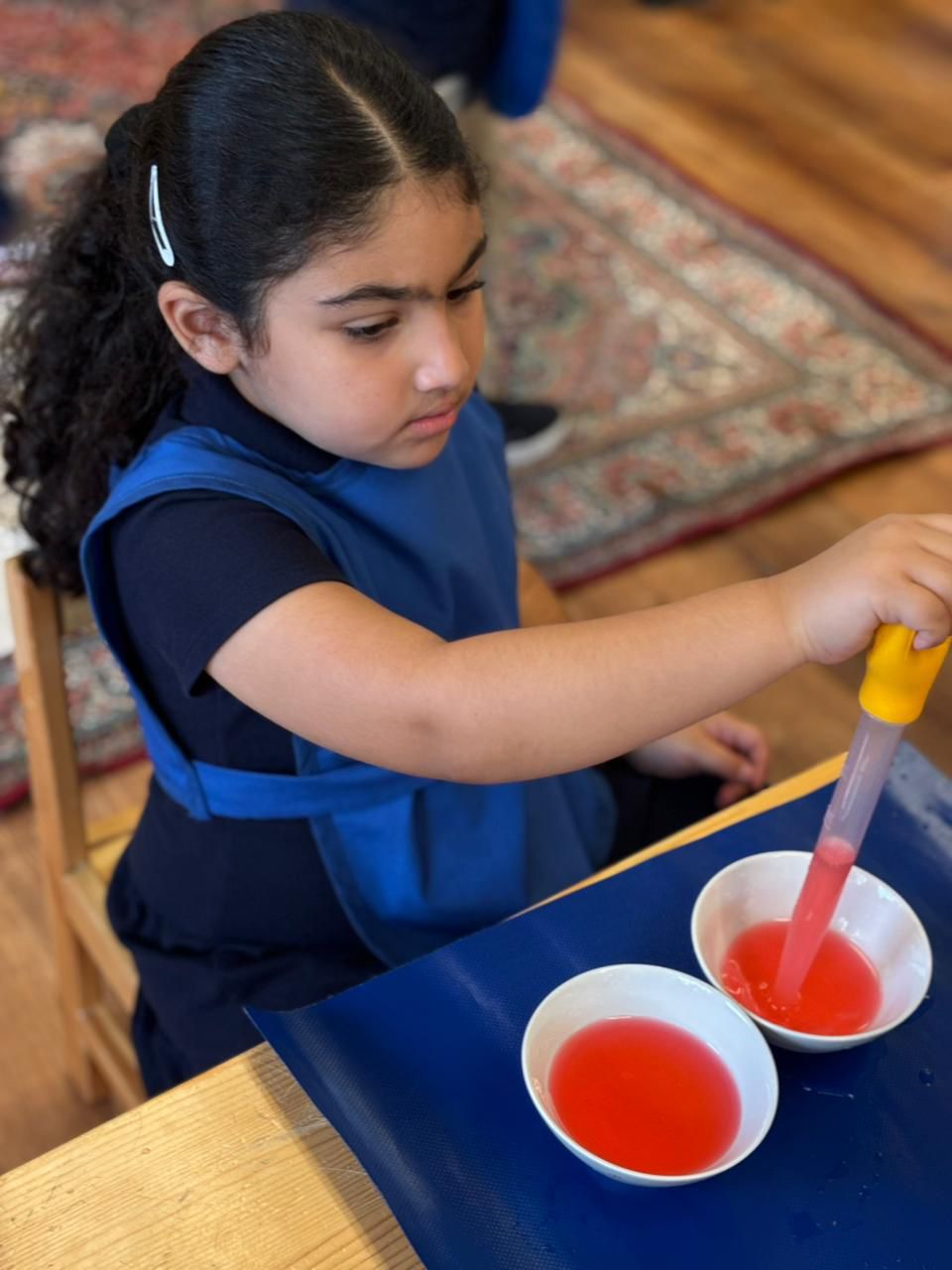
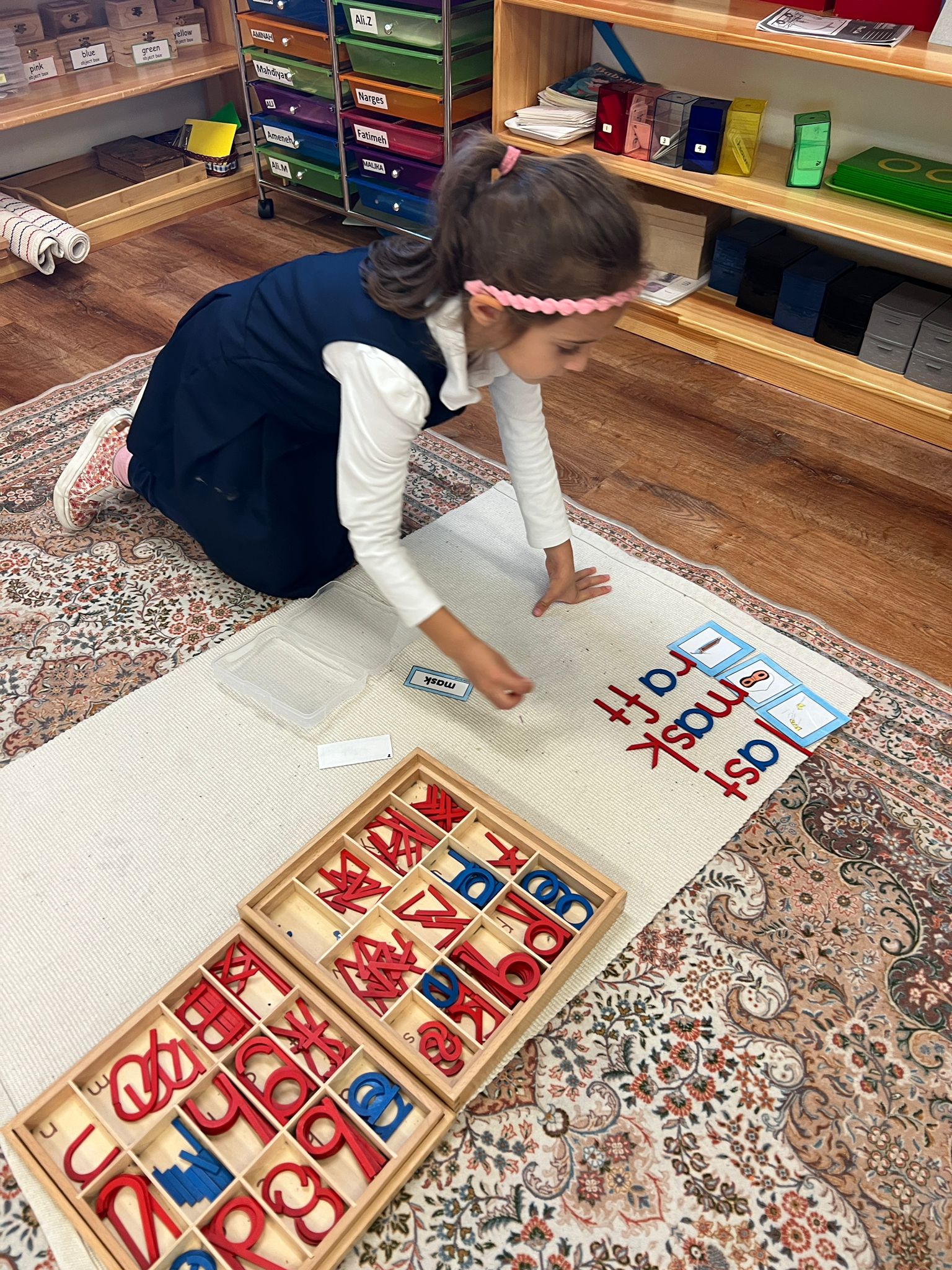
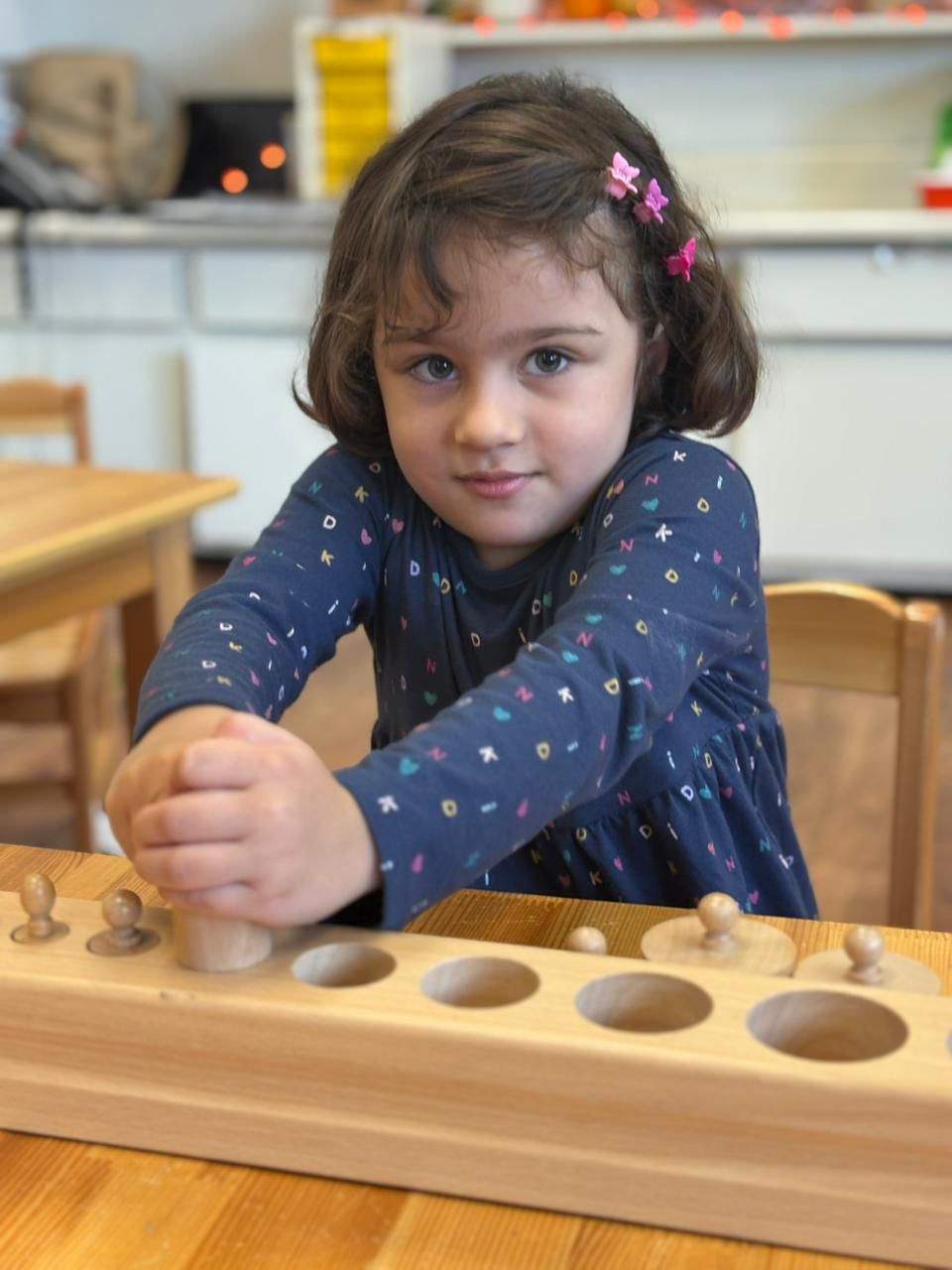
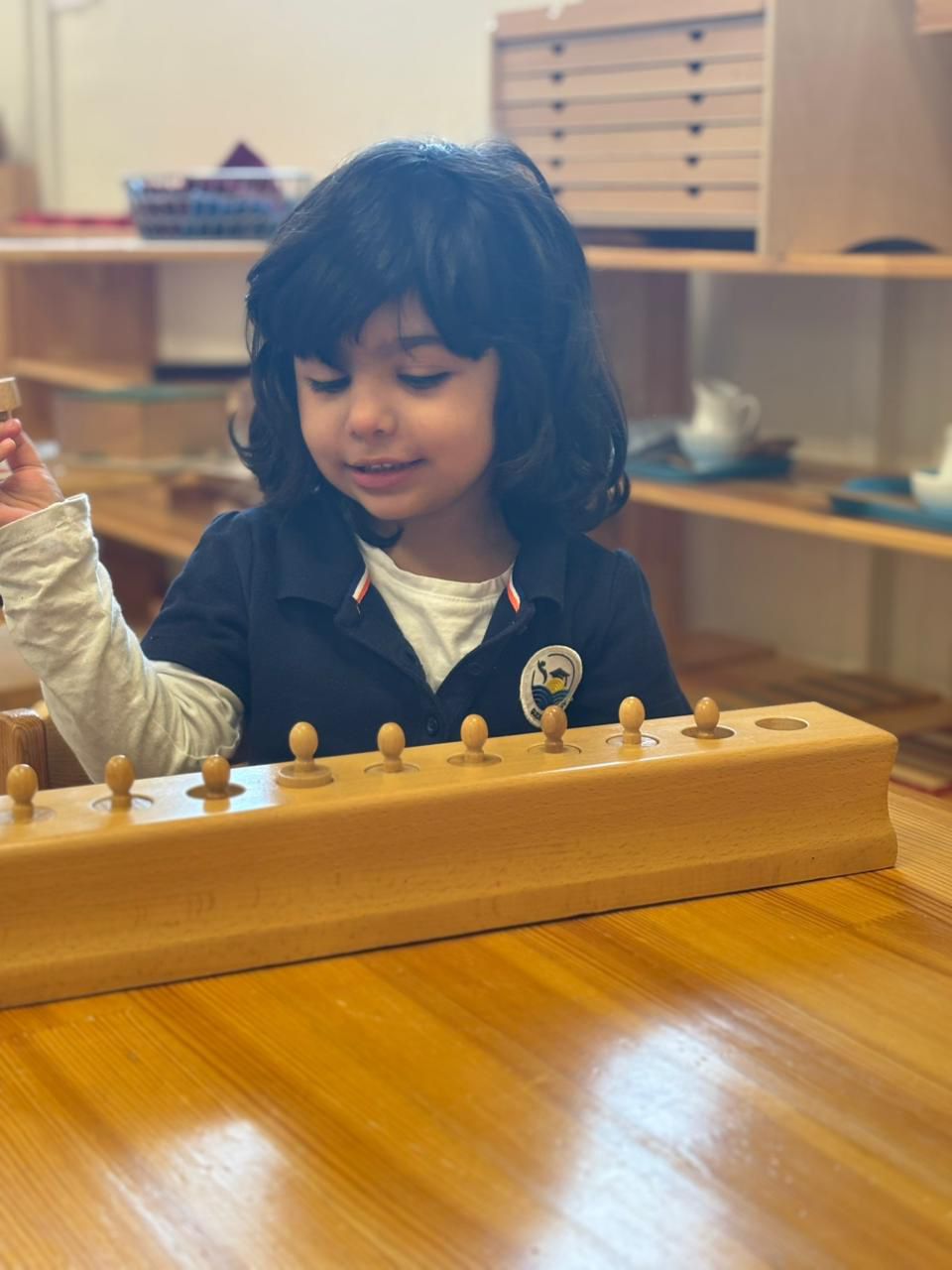
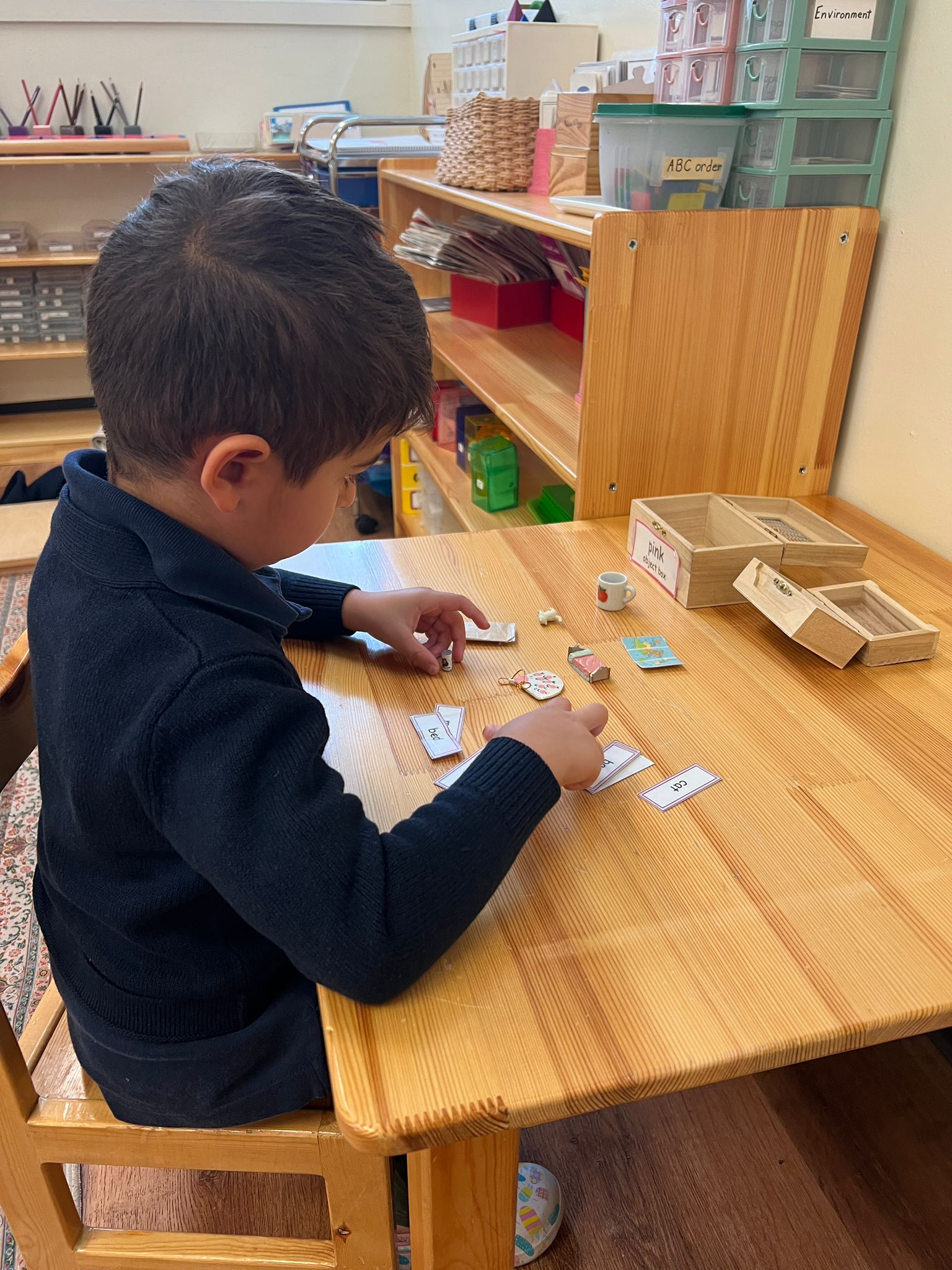
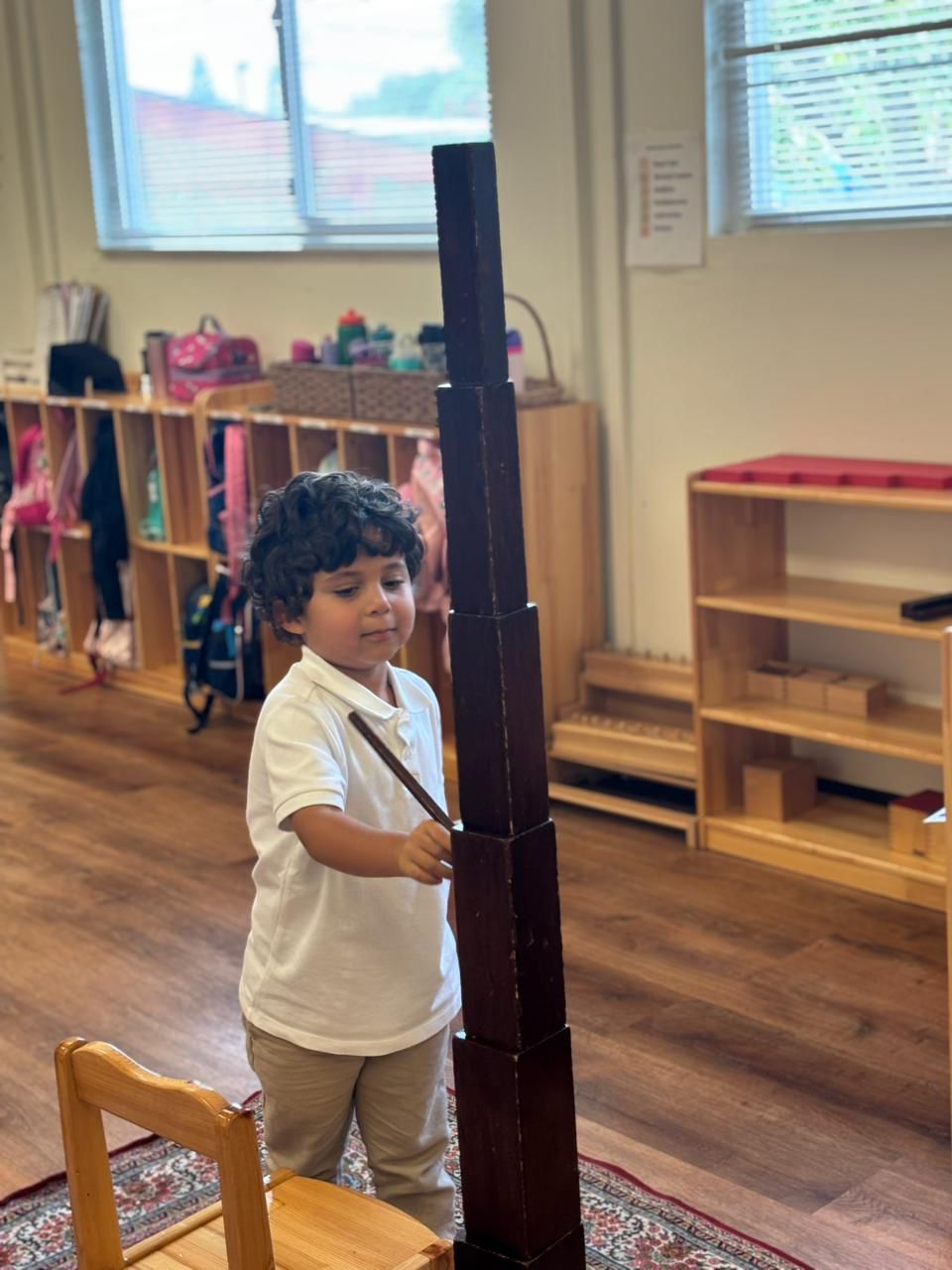
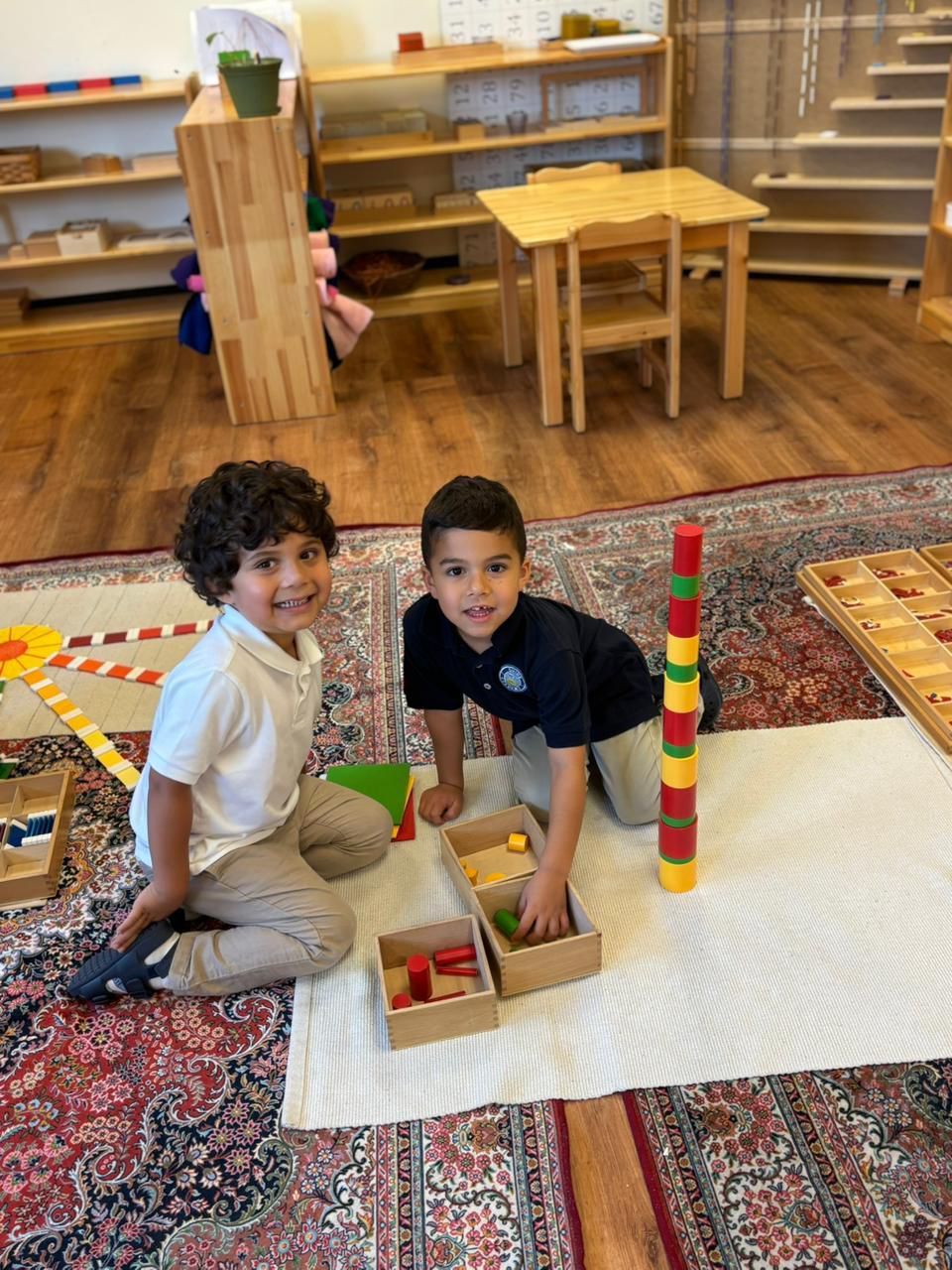
As parents, you all want your children to thrive. In this blog post, you will learn human tendencies, such as orientation, order, communication, imagination, and control of errors, leading to self-perfection, according to Maria Montessori.
Introduction
As parents, you all want the best for your children in terms of mental, physical, and emotional development. However, determining exactly what they require and when is challenging. Everything becomes much easier when you understand your child’s cognitive stages of development and related needs.
Fortunately for us, Maria Montessori observed children, studied their natural development, and determined that as children grow, they follow predictable behavioural patterns or “human tendencies” which stimulate them within the society. Children, and indeed human beings, use common behaviours to get their basic needs met. Now, through Montessori’s discoveries, parents can help their children flourish by understanding these profoundly ingrained behaviours. In this blog post, you will learn these human tendencies your child needs to thrive, according to Maria Montessori.

1. Orientation
Children have a natural desire to understand their location in their environment. It means children must comprehend where and how they fit into a specific time or environment, as well as how to adapt. Young children like to explore, but they need clear instructions on where they can go and how they will return. As educators, we must provide the freedom and information essential for the child’s orientation without giving excessive guidance.2. Order
Children require both internal and external order. Parents can improve their child’s sense of order by providing an organised atmosphere because security comes with the order. They must know what to expect and when to expect it. Providing order for your child will help him understand concepts like sequencing and sorting.
3. Communication
Human communication is what allows people to convey knowledge from one person to the next. Speaking, writing, and reading are the three main ways of communication. Children have an intense desire to communicate from the moment they are born. Even very young children express their basic needs through facial expressions, movements, and words. Parents can encourage their children with learning simply by speaking with them (even with their tiny newborns!). The child’s natural desire to communicate eventually leads him to the written word and reading.4. Imagination
Maria Montessori defines imagination as the ability to visualize something you cannot actually see. Children have a strong desire to create things they can visualize in their minds. This tendency will not develop in children unless they have enough concrete experience. Parents as educators should help children by providing the suitable materials and the freedom to express what they’re imagining. Children can utilize their imaginations in a variety of ways, including painting, drawing, storytelling, and singing.5. Control of Errors, Leading to Self-Perfection
It refers to people’s growth to a point where they feel satisfied. First, your children explore the environment and are drawn to a specific material or task. Next, they notice their errors and continue to work in pursuit of “perfection.” (The idea of perfection is your children’s idea, not yours as adults!) Finally, they experience a sense of satisfaction and joy. The Montessori teacher’s goal, as an educator, is to teach children self-control by using the environment.Discover what makes Guide Academy unique
Schedule a Tour
Our Montessori and IB programs are rooted in academic excellence and spiritual development, creating a learning environment where students thrive. Come tour our campus, meet our passionate educators, and experience a school community dedicated to nurturing future leaders.


